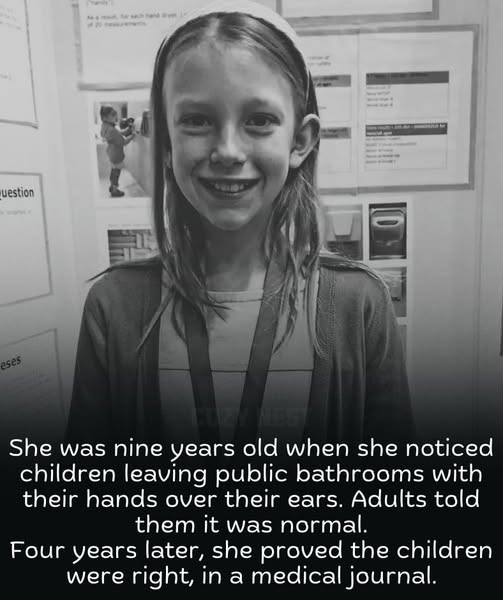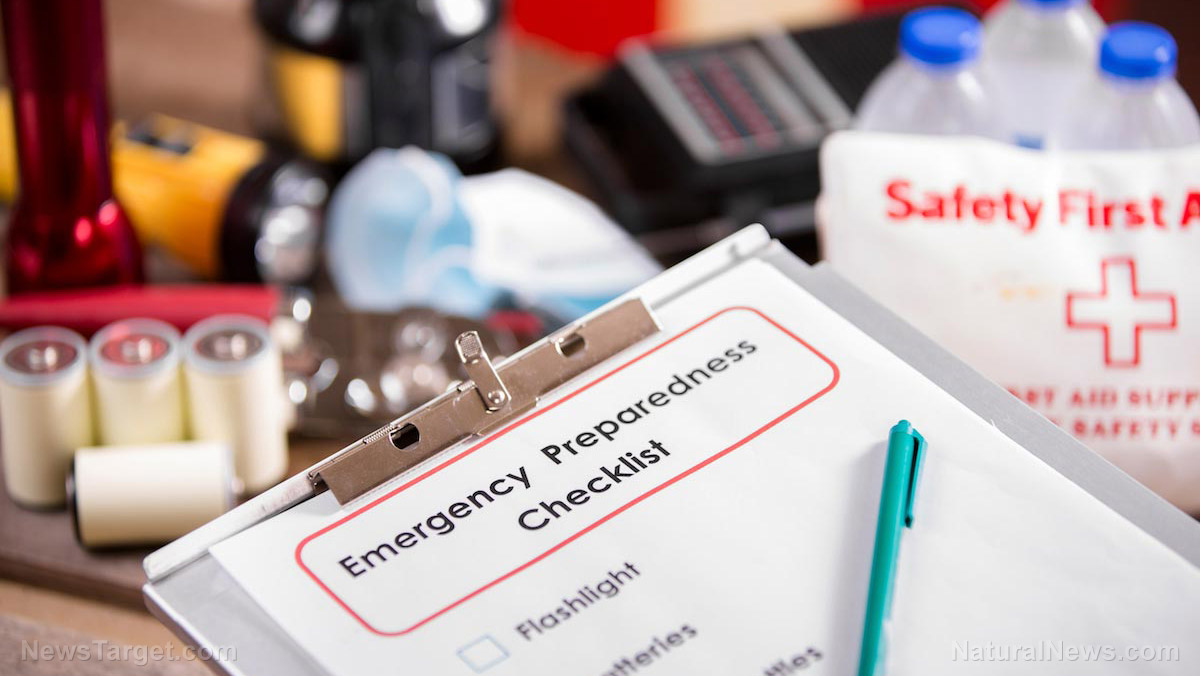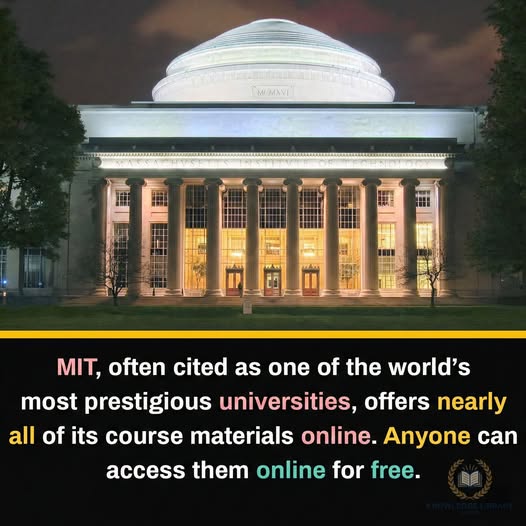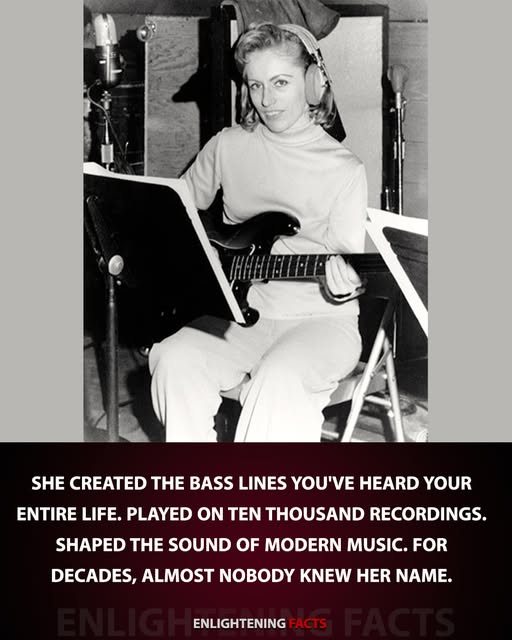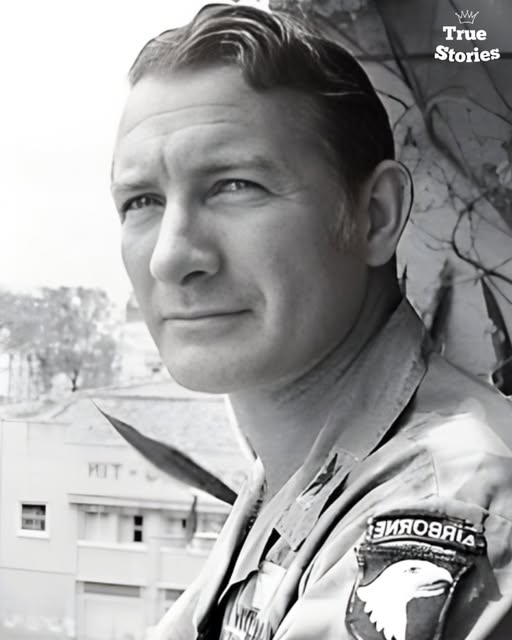
American Idol rejected her 7 times. Never made it past the first round. She showered with a water hose in a flooded camper for three years. Ten years later, she became the first woman since Taylor Swift to win CMA Entertainer of the Year.
A farm girl from a 250-person town became country music’s biggest star by being “too country for country.”
Lainey Wilson was 19 years old.
Standing in line at an American Idol audition, waiting for hours with thousands of other hopefuls, convinced this was her moment.
It wasn’t.
She didn’t make it past the first round.
So she tried again. And again. And again. Seven times total. Seven rejections. Never once got to sing for the celebrity judges.
The Voice rejected her too.
Nobody wanted her.
Everyone in Nashville said the same thing.
“Too country for country.”
“Your twang is too thick.”
“Your sound doesn’t fit the market.”
“Go back to Louisiana.”
She didn’t listen.
Here’s what Lainey knew that everyone else missed… pop-infused country dominated the radio. But real country music wasn’t dead. The audience was still out there. Someone just had to give them something authentic.
So she bought a 20-foot Flagstaff camper trailer for $2,000. Hooked it up to her truck. Drove from Baskin, Louisiana to Nashville, Tennessee.
Population of her hometown: 250 people. Her father was a farmer. Her mother was a schoolteacher. She’d been writing songs since she was 9 years old.
She parked that camper in a recording studio parking lot. A man named Jerry Cupit owned the studio. He’d known her grandfather. Let her borrow electricity, water, and Wi-Fi to get by.
That camper became her home for the next three years.
The winters were brutal.
She slept in three or four jackets. Three pairs of socks. Still froze at night when the furnace couldn’t keep up.
Then her propane tank ran out. Then her shower head broke. Then the floor started rotting because the whole thing flooded.
She had to shower with a water hose.
Cold water. Ankle-deep in standing water. In a parking lot. In Nashville. For years.
“This is some shit,” she remembers thinking. “But whatever.”
She walked up and down Music Row. Handed out CDs and demos to anyone who would take one. Got the same response over and over.
Door after door. Rejection after rejection.
No publishing deal. No record deal. No interest.
For seven years.
She took every gig she could find. Performed Hannah Montana at kids’ parties during the day. Played her own songs at open mics at night.
People called her “the camper trailer girl.” Not as a compliment.
But she wasn’t there to be comfortable. She was there to be heard.
In 2014, everything collapsed at once.
Her mentor Jerry Cupit died. He was from Baskin, like her. Produced her first recordings. Believed in her when nobody else did. Let her park in his studio lot.
Gone.
Then she found out her boyfriend had been cheating. Got another woman pregnant.
“I learned to embrace the heartbreak,” she said.
She wrote hundreds of songs. Three hundred at least. Poured every broken piece into notebooks and recording sessions.
She released an album in 2014. Then another in 2016. Neither broke through. The industry kept telling her she wasn’t pop enough for modern country.
She signed a publishing deal in 2018. Then a record deal with BBR Music Group.
Still nothing happened. Not the way she’d dreamed.
Then Taylor Sheridan heard her music.
The creator of Yellowstone, the most-watched show on cable television, wanted her songs for the series.
In 2019, her music started appearing in episodes. Millions of people heard Lainey Wilson for the first time.
Sheridan called her in 2022. Said he wanted to create a role specifically for her.
“I want you on the show.”
She was terrified. She’d never acted before.
“I love doing things that are scary,” she said. “I love stepping outside my comfort zone.”
She became Abby on Yellowstone. A country singer. Not far from the truth.
But right when everything was finally working, her father got sick.
July 2022. Brian Wilson was hospitalized with a fungal infection that nearly killed him. Nine surgeries in a month. Lost his left eye. Parts of his face had to be removed. Had a stroke on top of it all.
She wanted to quit the show. Go home. Take care of him.
Her dad said no. Told her to keep going. To finish what she started.
So she did.
By September 2021, ten years and one day after she arrived in Nashville, her single “Things a Man Oughta Know” hit number one on the Country Airplay chart.
Ten years and one day. Exactly like they said.
But Lainey wasn’t done.
“Heart Like a Truck” went to number two. Then “Watermelon Moonshine.” Then “Wait in the Truck” with HARDY went double platinum.
In November 2023, she was nominated for five CMA Awards.
She won five. Including the big one.
Entertainer of the Year.
The first woman to win it since Taylor Swift in 2011.
“This is all I’ve ever wanted to do,” she said through tears at the podium. “It’s the only thing I know how to do. It finally feels like country music is starting to love me back.”
In February 2024, she won her first Grammy. Best Country Album for Bell Bottom Country.
In June 2024, she was inducted into the Grand Ole Opry. Her favorite moment so far.
In May 2024, she opened Bell Bottoms Up. A three-story bar, Cajun restaurant, and music venue in downtown Nashville. Right where Florida Georgia Line’s old bar used to be.
In November 2025, she won three more CMA Awards. Entertainer of the Year again. Album of the Year for Whirlwind. Female Vocalist of the Year for the fourth time.
Today, Lainey Wilson has 9 CMA Awards, 16 ACM Awards, a Grammy, and a role on the highest-rated show on cable television.
She’s engaged to former NFL quarterback Duck Hodges.
She played 102 shows in 2024. More stages than the number of people in her hometown.
All because a 19-year-old farm girl from a 250-person Louisiana town refused to stop auditioning after seven American Idol rejections.
She turned a flooded camper trailer into fuel for her fire.
She turned “too country for country” into the most authentic voice in Nashville.
She proved that the people who rejected you don’t get to write the end of your story.
What dream are you abandoning because you’ve been rejected seven times?
What version of “too different” are you letting define you instead of drive you?
What are you giving up on in year three when the breakthrough was waiting in year ten?
Lainey Wilson got told no by American Idol seven times. Never made it past the first round.
She lived in a camper with a rotting floor for three years. Slept in four jackets. Showered with a water hose.
Everyone in Nashville said she didn’t fit the market. Too twangy. Too traditional. Too country.
She walked Music Row handing out CDs for a decade. Got rejected at every door.
Then she hit number one. Won the Grammy. Won Entertainer of the Year twice.
Because she understood something most people don’t.
Ten years of rejection isn’t a sign you’re in the wrong game. It’s proof you’re willing to outlast everyone who quit in year three.
Your “too different” isn’t the reason you’re failing. It’s the reason you’ll eventually be the only option.
The people who rejected you don’t get to decide if you were right. The ones who find you ten years later do.
Stop waiting for permission from people who’ve already said no.
Start thinking like Lainey Wilson.
Show up when it’s uncomfortable. Keep going when it’s unfair. Outlast the timeline you thought you had.
And never let anyone convince you that the thing that makes you different is the thing that disqualifies you.
Sometimes the longest journeys produce the biggest breakthroughs.
Because when everyone else quits in year three, the person still standing in year ten doesn’t have any competition left.
Don’t quit.
